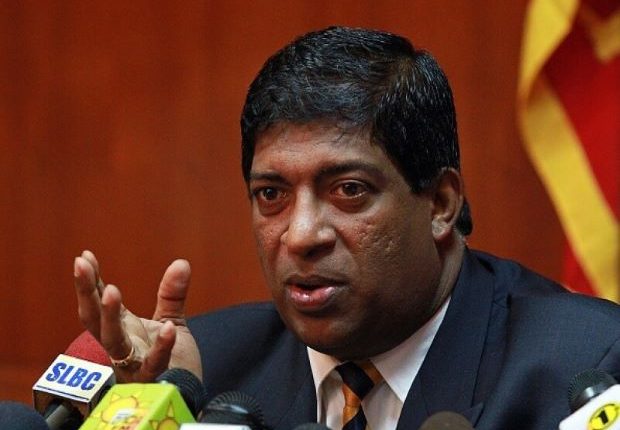National List is not a safety net for electoral failures
The fiasco surrounding the National List nominees of Ranil Wickremesinghe’s New Democratic Front (NDF) party and Ravi Karunanayake’s Machiavellian manoeuvres to gain entry to Parliament, compels one to focus the spotlight on the National List and question its real purpose in Sri Lanka’s parliamentary politics.
Introduced under Sri Lanka’s proportional representation system, the National List was intended to elevate the quality of governance by providing a pathway for professionals, intellectuals, and under-represented groups to contribute to the legislative process. It was designed to ensure Parliament benefits from diverse perspectives, particularly from those who may not traditionally contest elections — intellectuals, women, ethnic minorities, youth, and marginalized communities.
Sadly, the spirit of this noble concept has been repeatedly undermined. Instead of serving as a means to empower those who lack electoral representation, the National List has become a tool for party leaders to gain backdoor entry to Parliament or reward party loyalty by bypassing the electorate’s verdict, effectively nullifying voters’ choices.
A glaring example of this misuse resurfaced post the November 14 general election, with the Ravi Karunanayak-DNF fiasco, straplined by the ‘Sarvajana Balaya party, nominating its leader, a defeated candidate, as its National List representative. Not to be left behind, the National People’s Power (NPP) party, which has presented itself as a force for ethical and transparent politics, included two defeated candidates on its National List, justifying the decision by claiming it was giving representation to minority communities.
This decision by the NPP, no matter its attempted justification, is particularly disheartening given its promise of clean politics and commitment to systemic reform. By prioritizing party loyalists over fresh voices or marginalized groups, the NPP has joined the ranks of parties that have betrayed the original intent of the National List. This highlights the troubling reality that even parties advocating change are susceptible to perpetuating the very practices they claim to oppose.
The misuse of the National List also perpetuates a critical gap in representation. Sri Lanka’s Parliament continues to be dominated by male politicians, with limited participation from women, youth, minorities, and marginalized communities such as the indigenous population, hill country Tamils, persons with disabilities and groups at risk of exclusion. The National List could have been a powerful mechanism to amplify these under-represented voices, but it has instead been co-opted as a backdoor for party insiders.
To restore faith in this system, Sri Lanka must embark on urgent reforms. Firstly, political parties should commit to reserving National List slots for professionals, independent thinkers, and representatives of under-represented and marginalized groups. Secondly, legal safeguards must be introduced to bar the appointment of defeated candidates, ensuring that the electorate’s decision is respected.
The nomination process must also be made more transparent. Political parties should publish clear criteria for National List appointments and invite public scrutiny of their selections. This would not only deter misuse but also enhance the credibility of the appointments.
Political parties, especially those positioning themselves as reformists, must lead by example. The NPP, in particular, has a responsibility to reflect on its decision to include defeated candidates and take corrective measures to align with its stated values. Failure to do so risks alienating its voter base and undermining its credibility as a force for change.
The National List is a vital democratic instrument that can enrich Sri Lanka’s Parliament with expertise and diversity. However, its repeated misuse has turned it into a tool for political manoeuvring, side-lining the very groups it was meant to empower. It is time for Sri Lanka’s political leadership to demonstrate integrity and vision by restoring the National List to its rightful purpose: serving the people, not the parties.
By ensuring that the National List truly represents the best and most under-represented of society, we can take a significant step toward a more inclusive and accountable democracy.
-Daily Express



Comments are closed, but trackbacks and pingbacks are open.